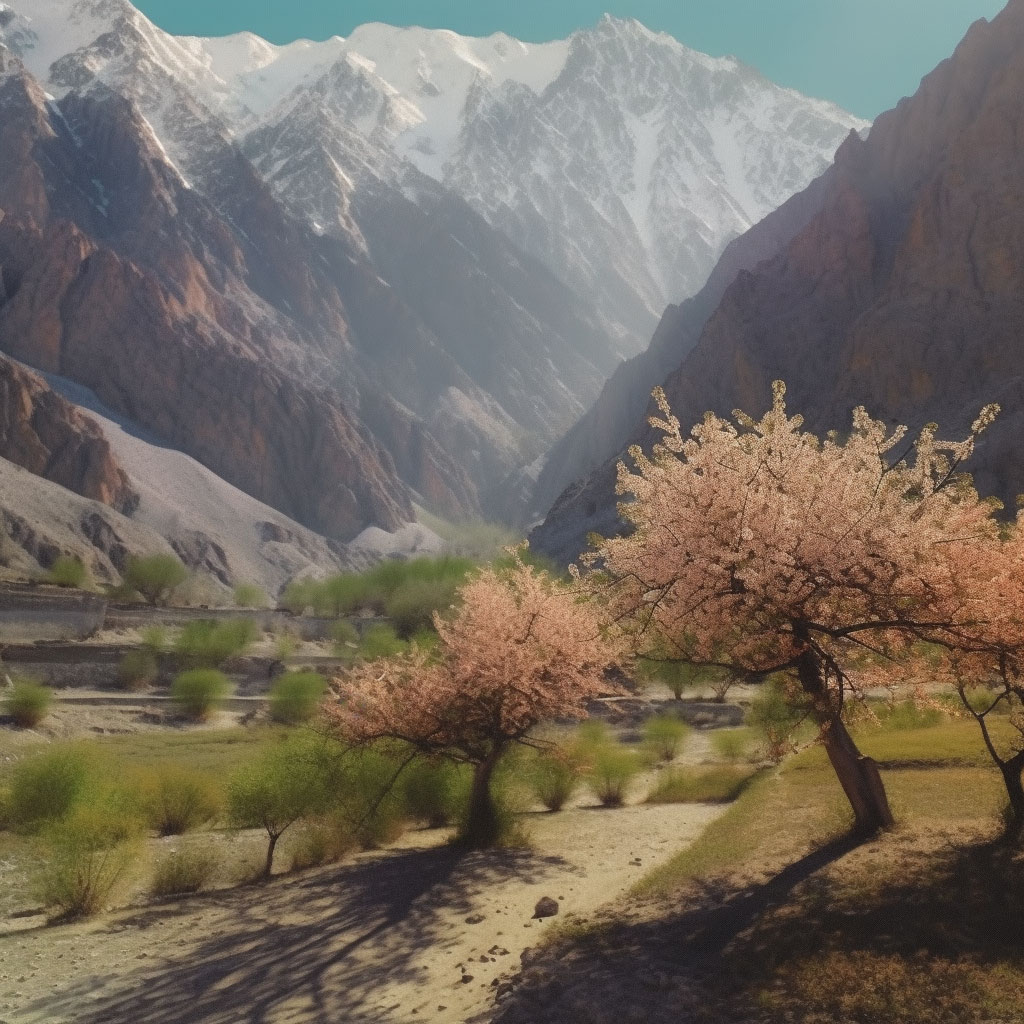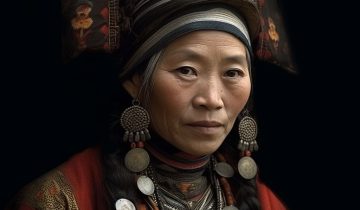In the breathtaking valleys of the Himalayas, nestled amidst towering peaks, lies a community known for their exceptional health and longevity—the Hunza people. With their reputation for living well beyond 100 years and their vibrant health, the Hunza people have long fascinated researchers and health enthusiasts. To be honest I’m actually shocked at the fact that it is not part of the trending earth’s blue zones. Let’s delve into the lifestyle, longevity, and diet of these remarkable individuals to uncover the secrets behind their well-being.
An Overview of the Hunza People: The Hunza people are an ethnic group inhabiting the Hunza Valley in northern Pakistan. Isolated from the modern world until the mid-20th century, their traditional lifestyle has contributed to their remarkable health and longevity. They have gained worldwide attention due to their low rates of disease, youthful appearance, and long lifespan.
Active Lifestyle and Physical Activity: The Hunza people lead physically active lives, and their daily routines involve ample amounts of physical activity. Walking and farming are integral parts of their lifestyle. The mountainous terrain of the region naturally encourages movement, and this regular physical exertion plays a significant role in maintaining their health.
Nutrient-Rich Diet:
The Hunza people’s diet consists primarily of fresh, natural, and unprocessed foods. Their meals are plant-based and revolve around locally grown fruits, vegetables, grains, nuts, and legumes. They consume a wide variety of seasonal produce, providing them with an abundance of essential nutrients, vitamins, and minerals.
Emphasis on Whole Foods:
Whole foods are a cornerstone of the Hunza diet. They consume foods in their most natural and unrefined state, avoiding processed and heavily packaged options. Whole grains like barley, millet, and buckwheat, alongside fruits and vegetables, form the foundation of their meals.
Abundance of Fresh Fruits and Vegetables:
The Hunza people have access to a wide range of fruits and vegetables due to the favorable climate of their region. They consume copious amounts of fresh produce, including apricots, berries, apples, pears, leafy greens, broccoli, and cauliflower. These colorful foods are rich in antioxidants, vitamins, and fiber, supporting their overall health.
Limited Animal Protein:
While the Hunza people are not strictly vegetarian, their diet is relatively low in animal protein. Meat consumption is minimal and often limited to special occasions. When they do consume animal products, it is predominantly in the form of yogurt, milk, and cheese obtained from their livestock. Their primary source of protein comes from plant-based sources like lentils, beans, and nuts.
Fasting Practices:
Intermittent fasting is believed to be a part of the Hunza lifestyle. They often practice periods of caloric restriction and intermittent fasting, allowing their bodies to undergo cycles of repair and rejuvenation. This practice has been linked to numerous health benefits, including improved metabolism and longevity.
Hydration and Glacial Water:
The Hunza Valley is renowned for its glacial water, which is believed to be exceptionally pure and mineral-rich. The Hunza people prioritize hydration, and their water source contributes to their overall well-being. Staying adequately hydrated helps flush out toxins, supports digestion, and maintains optimal bodily functions.
Strong Community Bonds and Reduced Stress:
The Hunza value their community and maintain strong social connections. The close-knit nature of their society, coupled with a simpler way of life, helps reduce stress levels. Reduced stress contributes to their overall mental and physical well-being, potentially adding to their longevity
The remarkable health, longevity, and vitality of the Hunza have intrigued researchers and health enthusiasts alike. Their active lifestyle, nutrient-rich diet, emphasis on whole foods, limited.






 No products in the cart.
No products in the cart. 